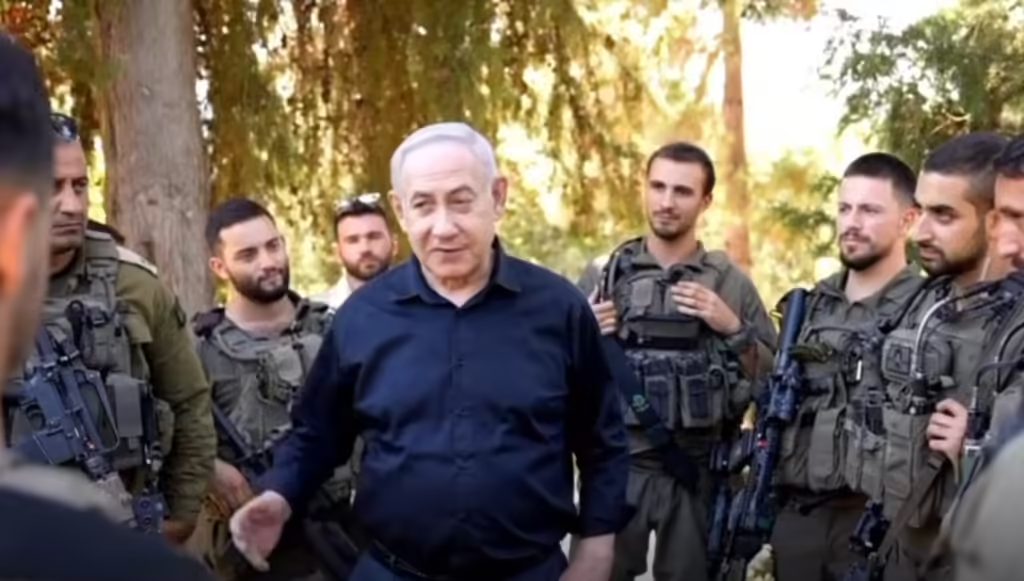Prime Minister Benjamin Netanyahu has once again made it clear that Israeli forces will remain stationed in the Philadelphi Corridor, a strategically vital strip of land along Gaza’s southern border with Egypt. Despite ongoing discussions of a permanent ceasefire, Netanyahu told foreign media in Jerusalem that while he’s “open” to alternatives, he doesn’t foresee Israeli troops leaving anytime soon.
The Buffer Zone
Netanyahu argued that maintaining Israeli control over the Gaza-Egypt border is essential for preventing the smuggling of weapons and the possible transfer of hostages. He emphasized that his country forces are critical for safeguarding the nation’s security, calling this position a “red line” that cannot be crossed.
Hamas, on the other hand, has criticized Netanyahu’s decision. The group claims that Israel’s refusal to withdraw is an attempt to sabotage the ceasefire, urging international pressure on Israel to ensure progress in negotiations.
“Show Me Real Results”: Netanyahu’s Ceasefire Conditions
Netanyahu set clear conditions for any potential permanent ceasefire. He declared that the Philadelphi Corridor must remain impenetrable, stating that Israeli forces will stay until there’s undeniable proof that border security can be maintained without their presence. “Not on paper, not in words, not in a slide – but on the ground, day after day, week after week,” Netanyahu said.
While he acknowledged a slim possibility for reconsidering this position, he quickly added that he didn’t see it happening in the near future.
A Divided Israeli Leadership
Netanyahu’s hardline stance has reportedly caused friction within his own government. Leaks suggest heated disagreements between Netanyahu and his security chiefs, including his defense minister, who have proposed alternatives to military control, such as advanced technological solutions or the deployment of allied forces.
Despite these tensions, Netanyahu has stood firm, arguing that retreating from the border would put Israeli lives at risk, especially in light of Hamas’s recent killing of six hostages. “Making more concessions would be illogical, immoral, and insane,” he insisted.
International Pressure Mounts
Amid rising international pressure, including from U.S. President Joe Biden, Netanyahu has continued to portray Hamas as the primary obstacle to any ceasefire deal. Talks of a long-term ceasefire remain at a standstill, with many unresolved issues still on the table.
Israel’s national public radio reported that Mossad chief David Barnea, the country’s top negotiator, has informed mediators that Israel is willing to withdraw troops at a later stage in the ceasefire process. However, even getting to the first phase of the agreement has proven difficult.
Hidden Secret ?
Speculation is growing that Netanyahu is stalling for time, with many believing his true aim is to eliminate Hamas leader Yahya Sinwar before considering an end to the conflict. But Netanyahu maintains that his priority is Israel’s security, and that it is Hamas blocking a final deal.
The question remains: Will a ceasefire be reached, or is Netanyahu’s red line an immovable barrier in the road to peace?
